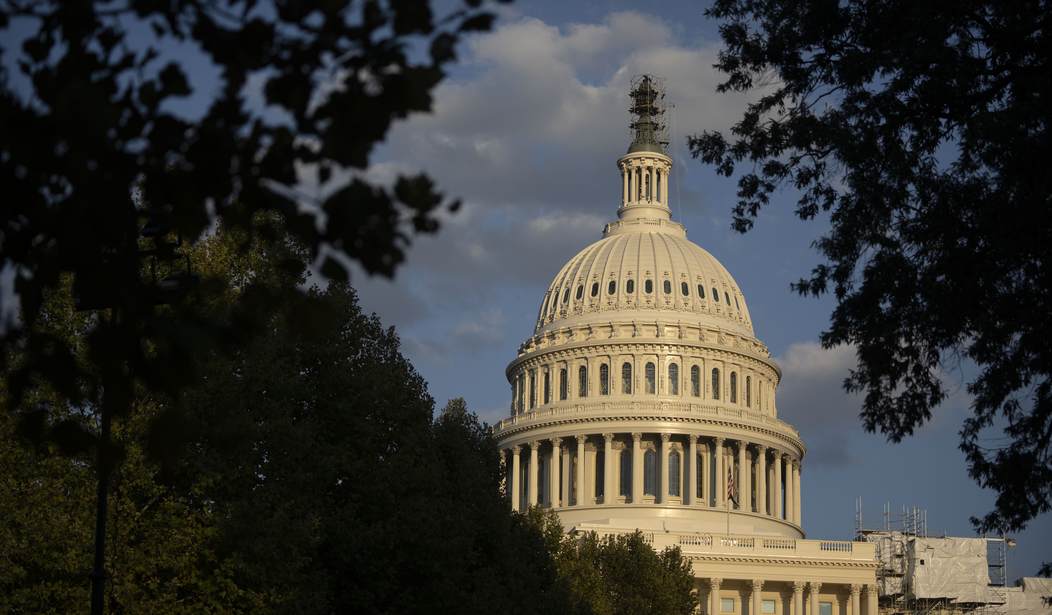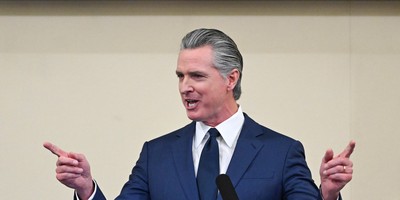The Peter G. Peterson Institute has just published Solutions Initiative 2024 Charting a Brighter Future. This is the most recent iteration of a project that brings together private organizations from across the political spectrum to explore fiscal policies required for debt sustainability. In each iteration of the project participating organizations concluded that federal debt must be reduced to sustainable levels. The most recent study states that “All seven organizations – through a combination of spending cuts and revenue increases- would reduce the path of debt to a sustainable level.”
While there is controversy regarding debt sustainability, it may come as a surprise to learn that all these organizations proposed fiscal policies that would significantly reduce federal debt in coming decades. In previous iterations of the project all participating organizations proposed tax and spending reforms required to reduce federal debt relative to national income below 100% over the next two decades. In this most recent study only one organization, Center for American Progress, proposed fiscal policies that would keep the debt to GDP ratio above 100%.
Scholars across the political spectrum agree that we must reform fiscal policies to reduce debt to sustainable levels. Polls reveal that a large majority of citizens agree that the federal government must bring expenditures into balance with revenues and reduce debt to sustainable levels in the near term.
If there is this broad consensus, the question is why Congress has made so little progress in achieving this goal. Over the past two decades the fiscal policies pursued by both parties have moved us further from this goal. In this Presidential campaign neither candidate has proposed fiscal policies to restore sustainable levels of debt.
The explanation is that our statutory fiscal rules have proven to be ineffective, and the budget process is broken. In the 1990s Congress did in fact balance the budget and reduce debt to sustainable levels. But since then, Congress has circumvented and suspended statutory fiscal rules, and abandoned regular order in the budget process. Fiscal policy is now dominated by special interests, and each year Congress pursues fiscal policies that incur deficits and accumulate unsustainable levels of debt.
Recommended
There is a way to break out of this deadlock over debt that has proven to be effective at the state, national, and supranational level. Fiscal rules mandating balanced budgets and debt stabilization must be incorporated in the Constitution to provide both transparency and accountability.
The precedent for constitutional fiscal rules was set in the states beginning in the early 19th century. In those years many states incurred unsustainable levels of debt, and some states defaulted on their debt. Since then, every state has enacted Constitutional rules mandating a balanced budget and debt limits, and with few exceptions the states have followed these Constitutional fiscal rules.
More relevant for the federal government, other countries have enacted constitutional fiscal rules at both the national and supranational levels. These so called ‘Second Generation’ fiscal rules have been effective in European countries and have also been enacted as constitutional fiscal rules by the European Union. Countries with effective constitutional fiscal rules, such as Switzerland and Sweden, have reduced debt to GDP ratios well below that of the U.S.
Enacting ‘Second Generation’ fiscal rules in the U.S. Constitution has proven to be more challenging. Many resolutions proposing constitutional fiscal rules have been introduced in Congress, but none of these resolutions has received the requisite two thirds vote in Congress to submit the amendment to the states for ratification.
For more than a century the states have proposed new fiscal rules as amendments to the U.S. Constitution. In 1979 two thirds of the states had submitted applications for an Article V convention to propose a fiscal responsibility amendment. But Congress failed to count these state applications and call the convention as required under Article V. Through benign neglect, Congress blocked this state led effort to incorporate a fiscal responsibility amendment in the Constitution.
Many citizens are not aware that the Constitution gives the states this path to amending the Constitution that bypasses Congress. Under Article V Congress has only one duty. and that is to set the time and place for the convention. State attorneys general will soon seek a Declaratory Judgement from the Supreme Court that would require Congress to fulfill its administrative duty to count these applications and call the convention.
The Founders understood that Congress could pursue profligate fiscal policies, and that Congress would be reluctant to accept state-imposed constraints on its power of the purse. It is time to fulfill the Founders intent and allow the states to correct the ‘errors of Congress,’ by proposing a fiscal responsibility amendment through an Article V convention. As the Petrson study reveals, there is bipartisan support for fiscal reforms that bring expenditures into balance with revenues and stabilize debt in the near term. We don’t need to fall off a fiscal cliff.
Barry W. Poulson is on the Board of Directors of the Federal Fiscal Sustainability Foundation.
























Join the conversation as a VIP Member